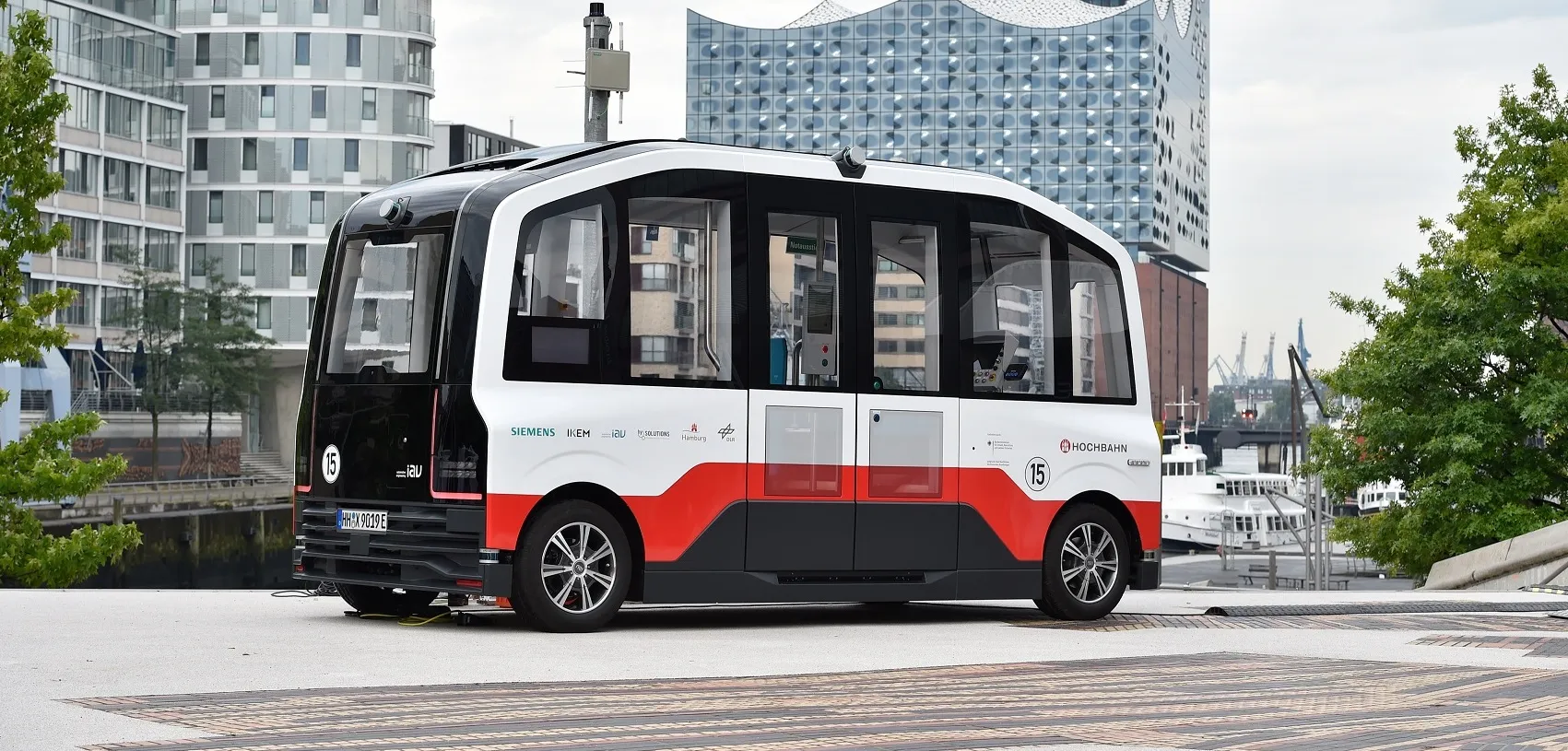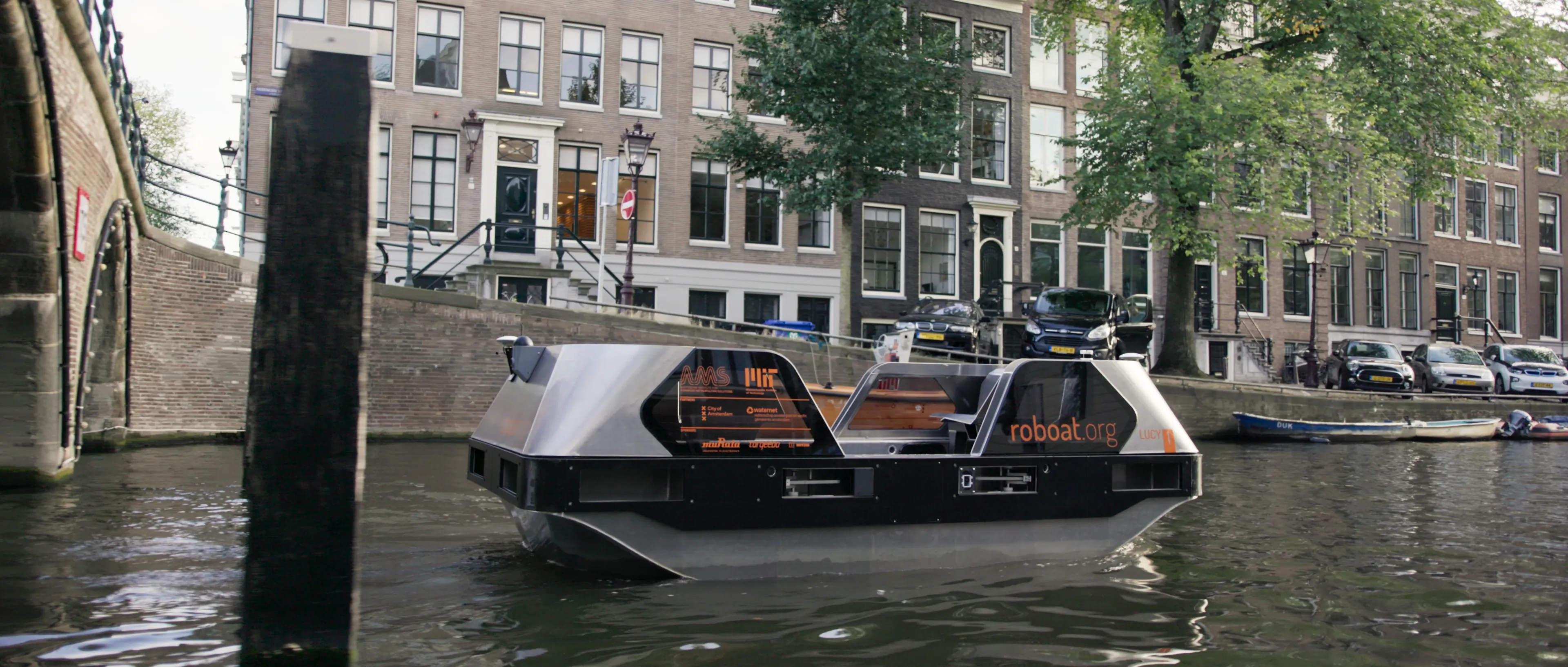As the driverless vehicle project in Masdar City, Abu Dhabi began its seventh year of operations, it also welcomed its two millionth passenger. The project has collected a wealth of data which is used for further development of autonomous vehicles, both in relation to the technology and in the interaction with the users.
The data collected by vehicle supplier 2getthere shows an increasing number of passengers using the system, from an average of 787 per day in May 2014 to 1,382 per day in 2016, a 75 per
November 17, 2016
Read time: 2 mins
As the driverless vehicle project in Masdar City, Abu Dhabi began its seventh year of operations, it also welcomed its two millionth passenger. The project has collected a wealth of data which is used for further development of autonomous vehicles, both in relation to the technology and in the interaction with the users.
The data collected by vehicle supplier8172 2getthere shows an increasing number of passengers using the system, from an average of 787 per day in May 2014 to 1,382 per day in 2016, a 75 per cent increase. This increase is aided by the willingness of passengers to share transit, with the average occupancy at 60 per cent overall and peaking at nearly 90 per cent at weekends.
According to 2getthere CEO Carel van Helsdingen, the data is invaluable, providing information on the way in which passengers react with the system and reliability of the vehicles in difficult environmental and service conditions.
The data collected by vehicle supplier
According to 2getthere CEO Carel van Helsdingen, the data is invaluable, providing information on the way in which passengers react with the system and reliability of the vehicles in difficult environmental and service conditions.










